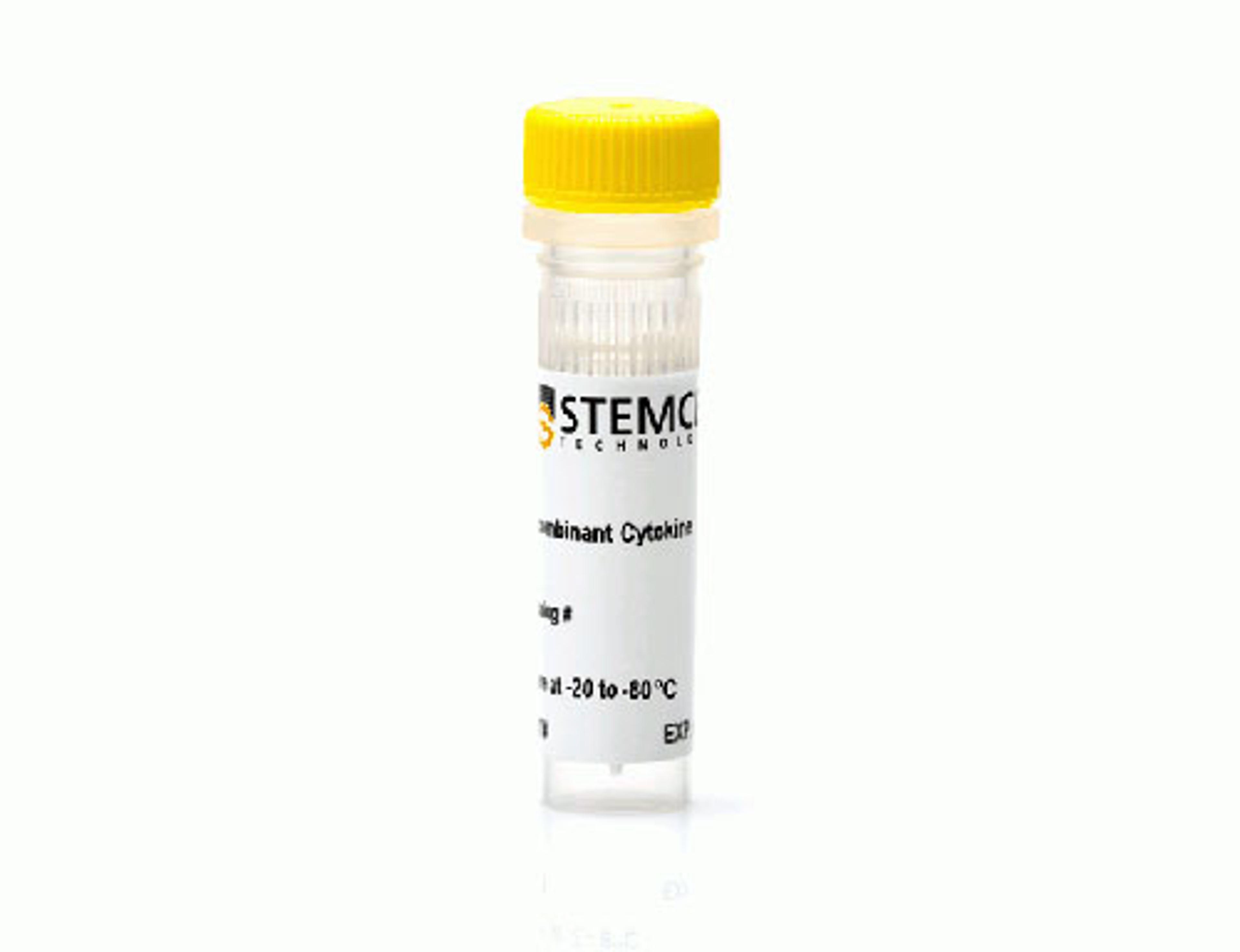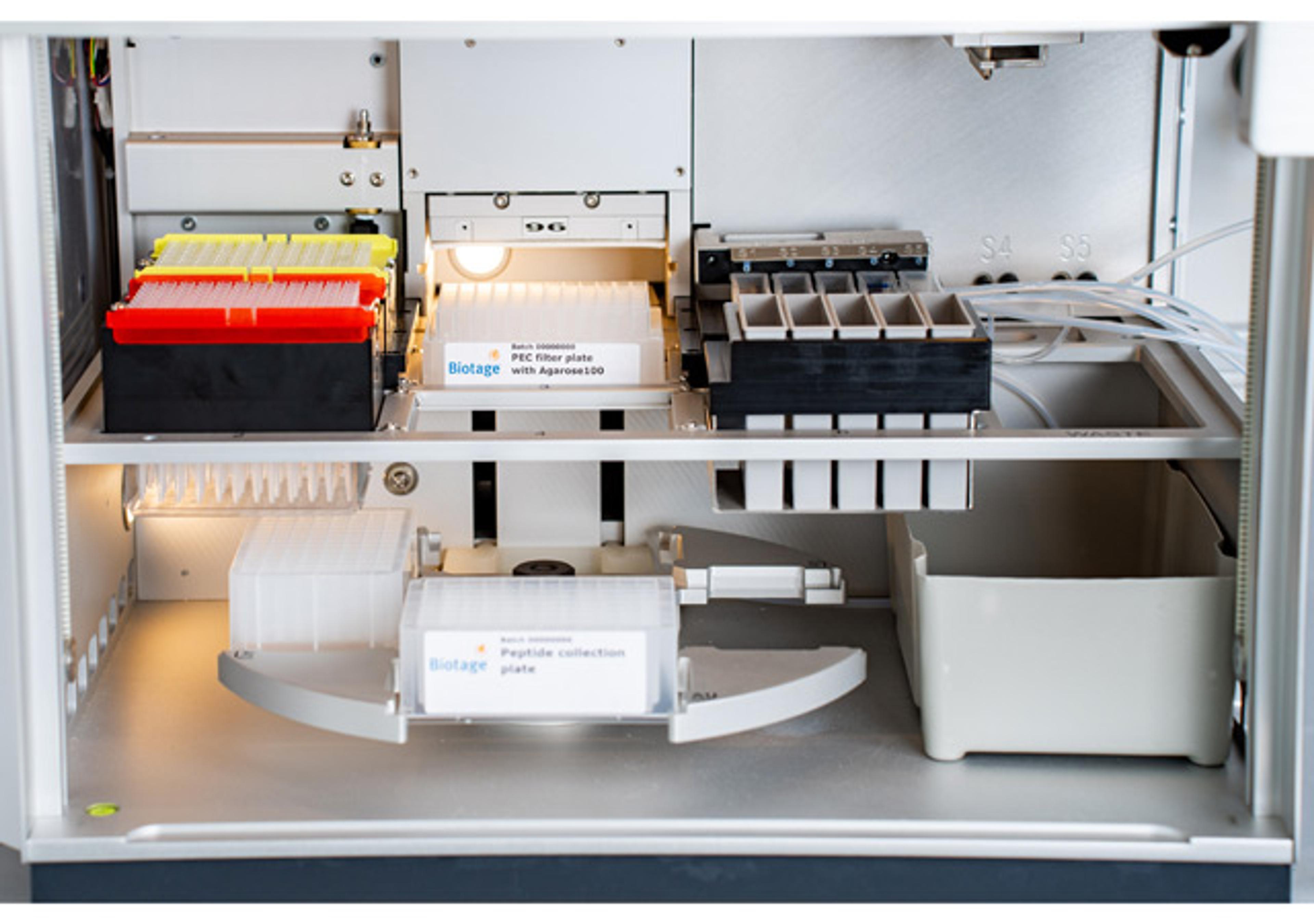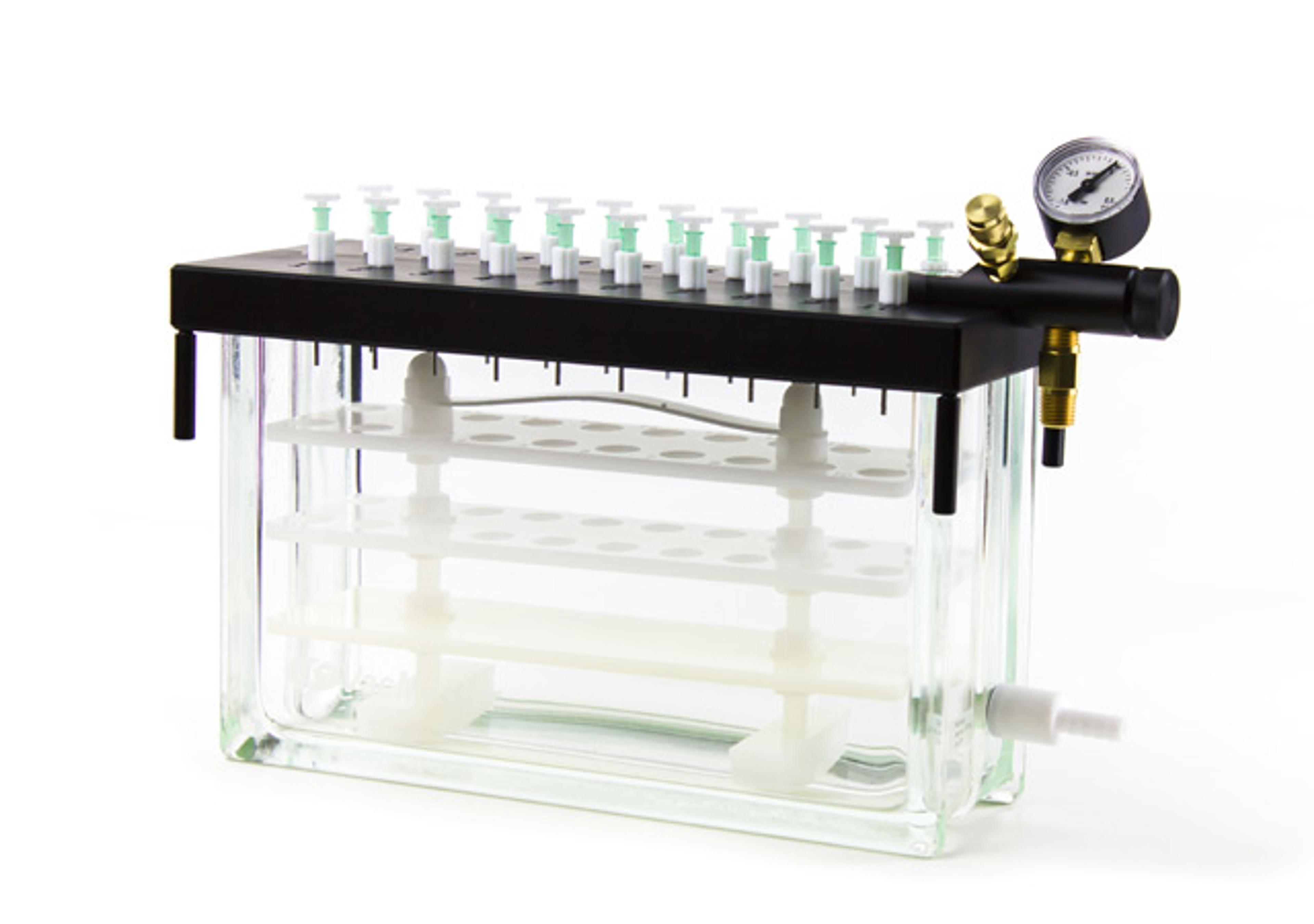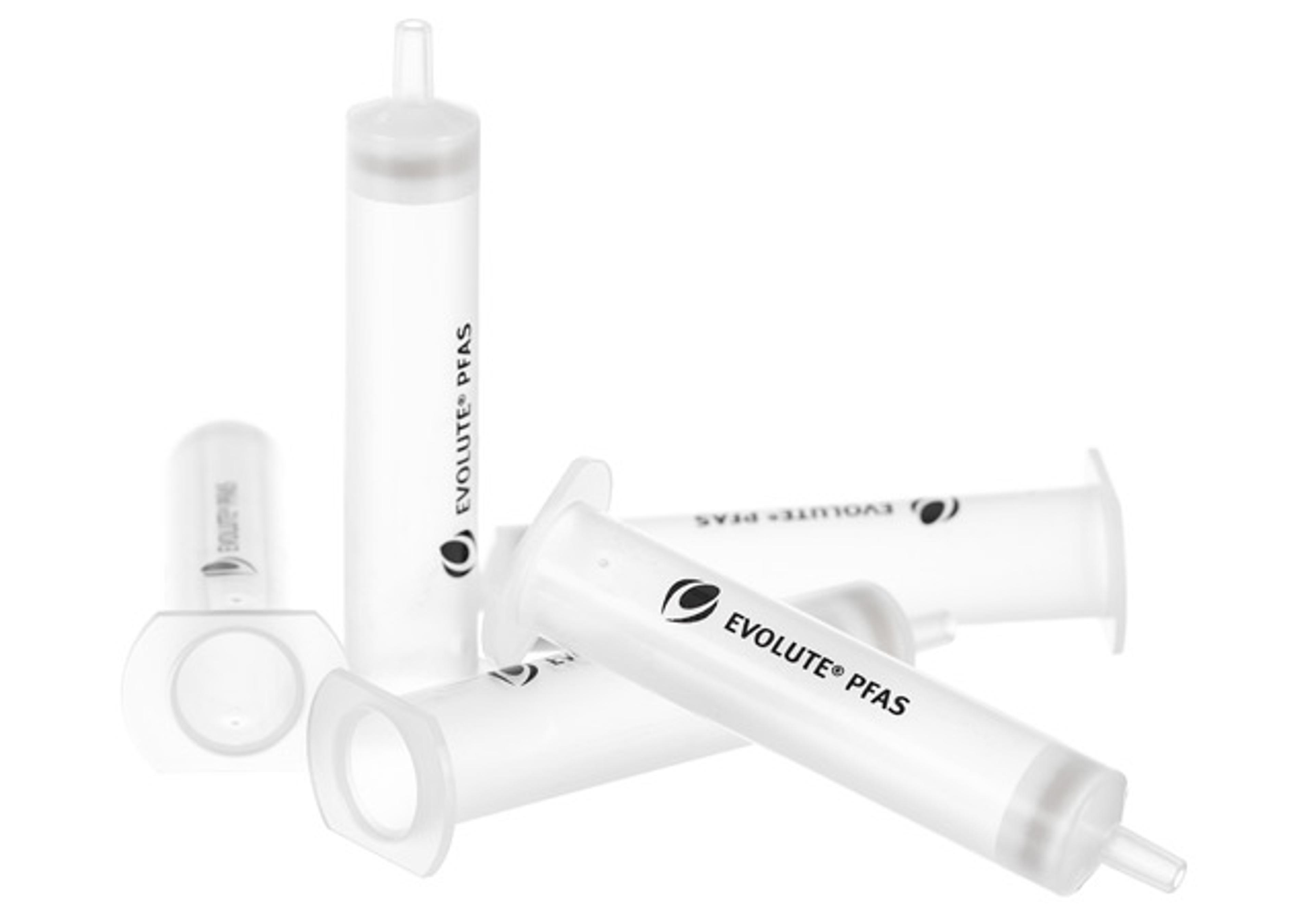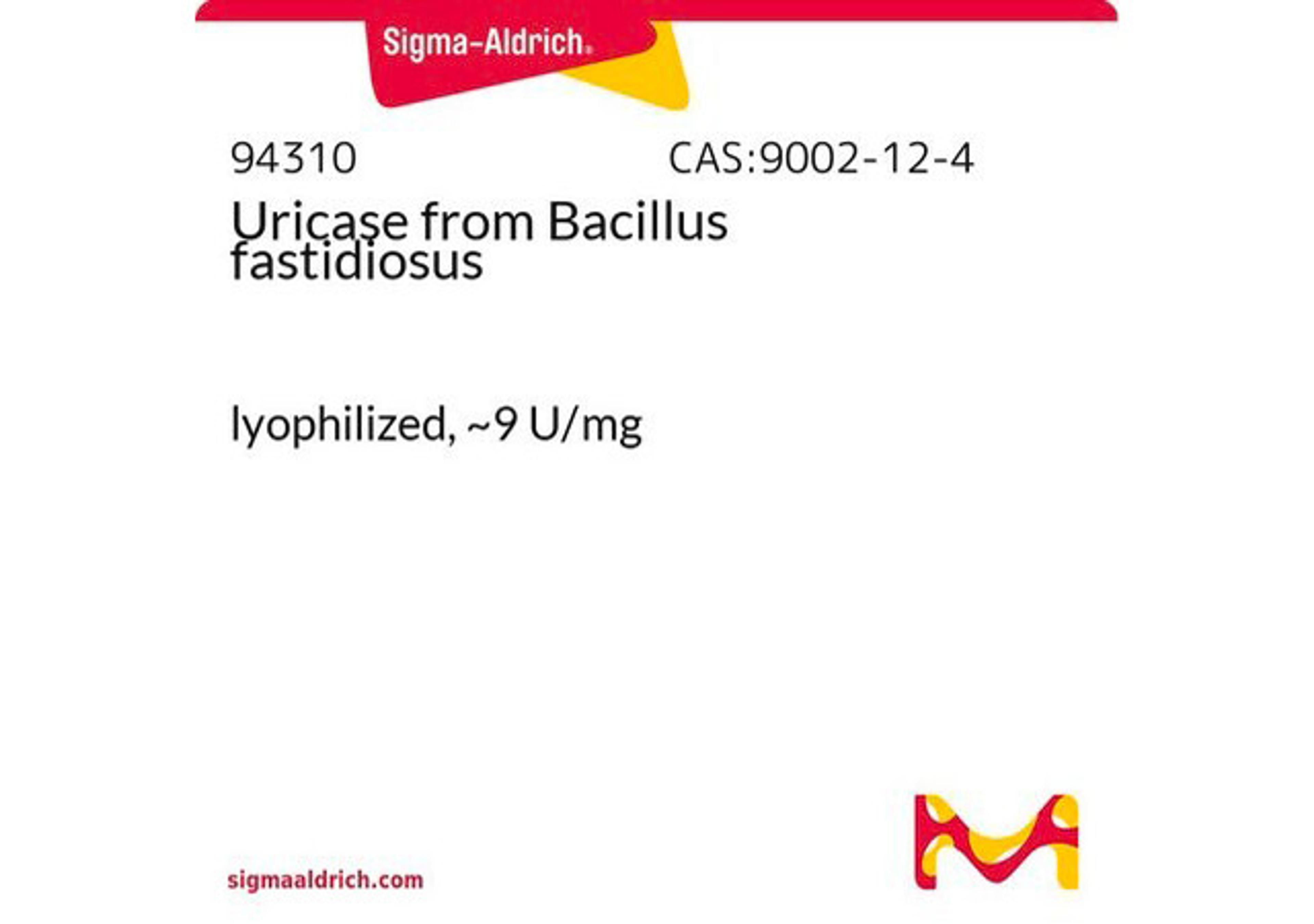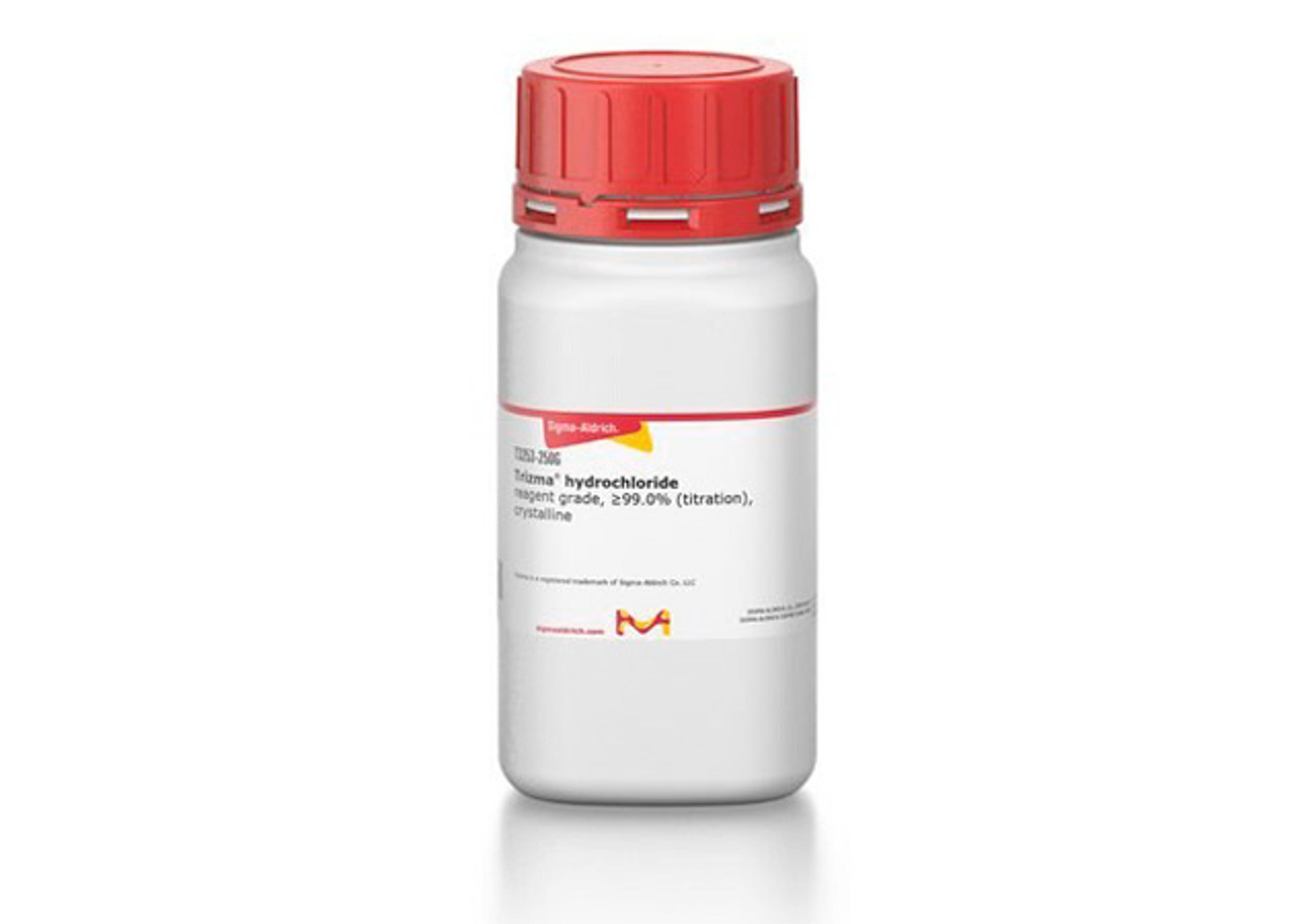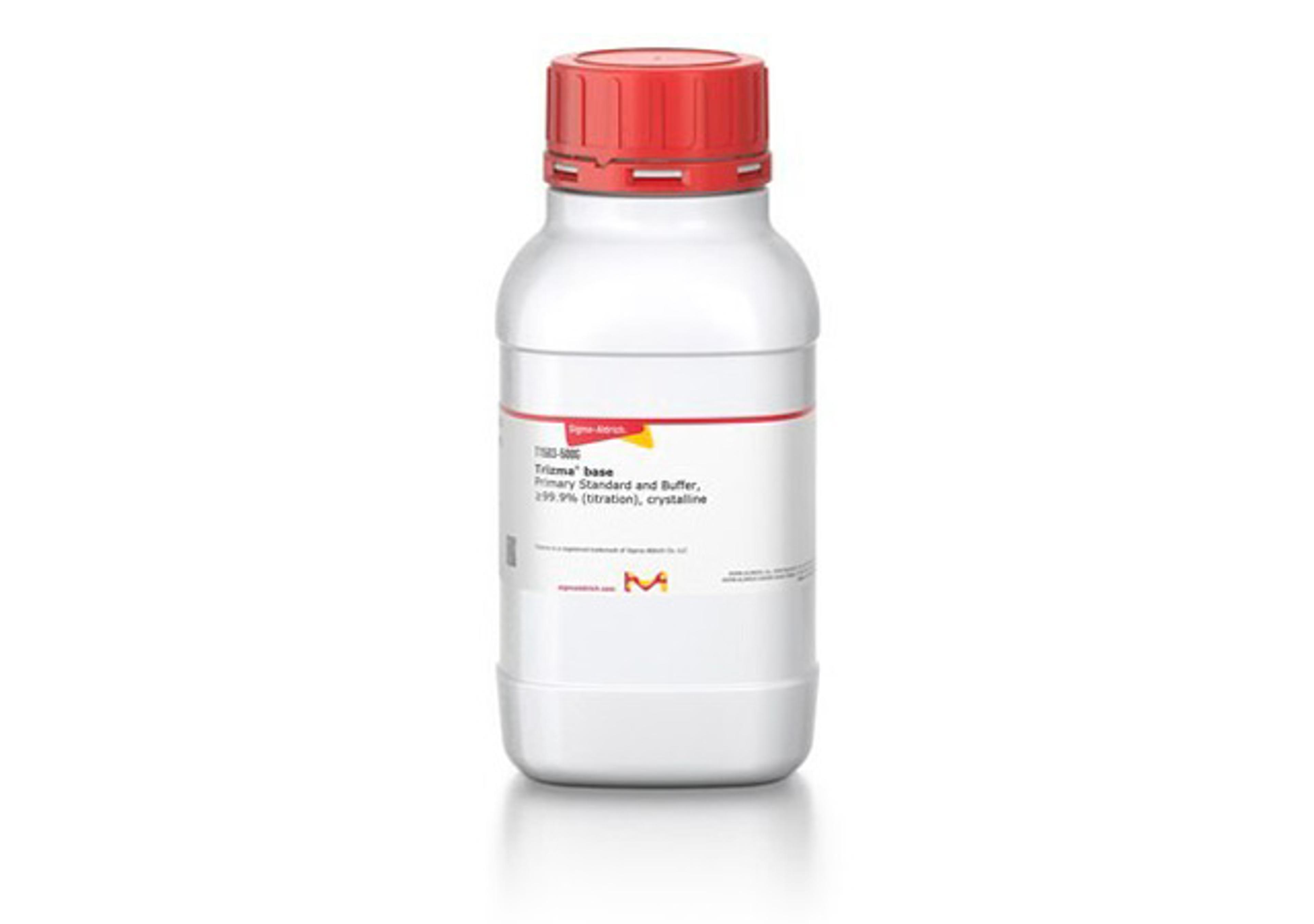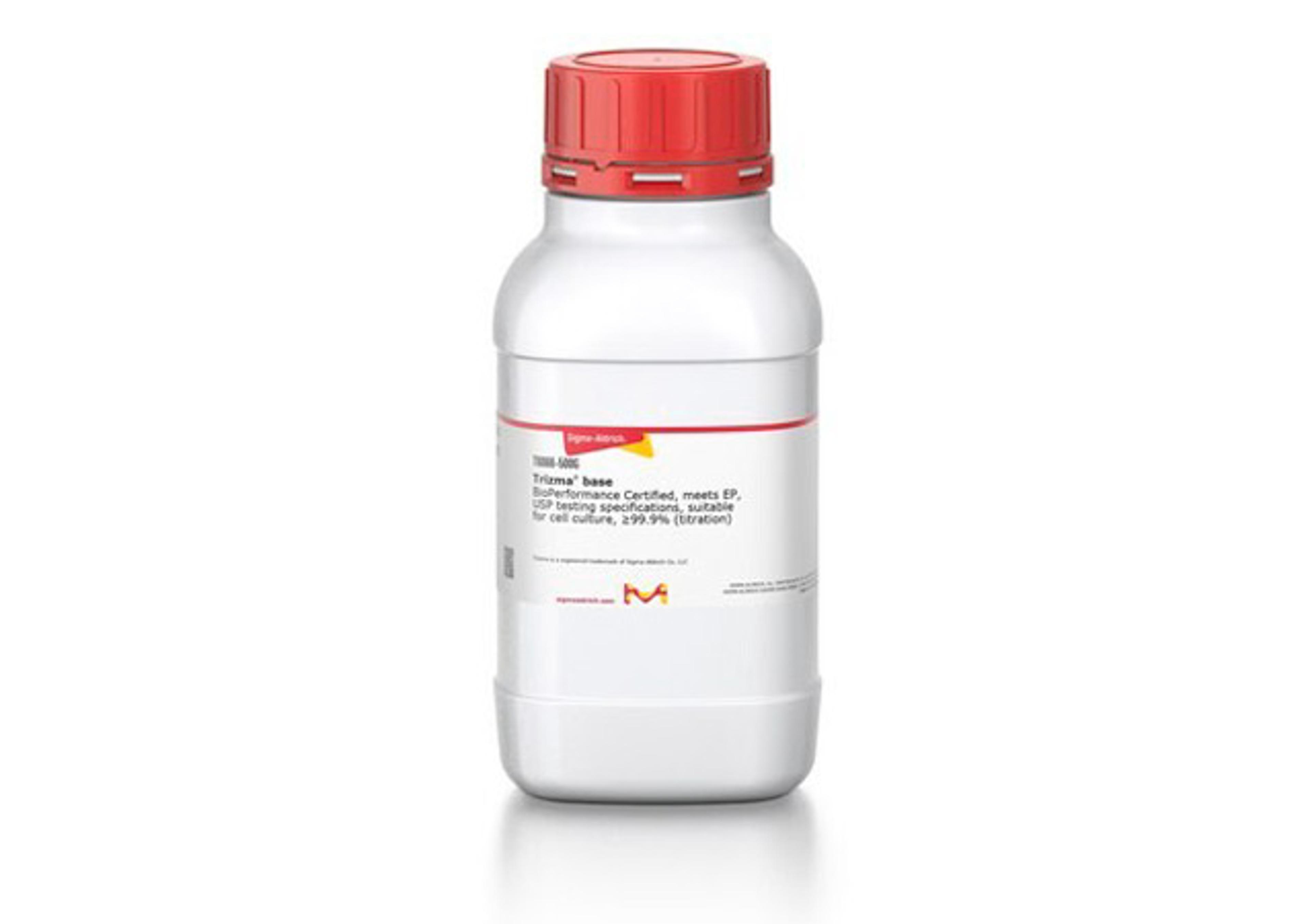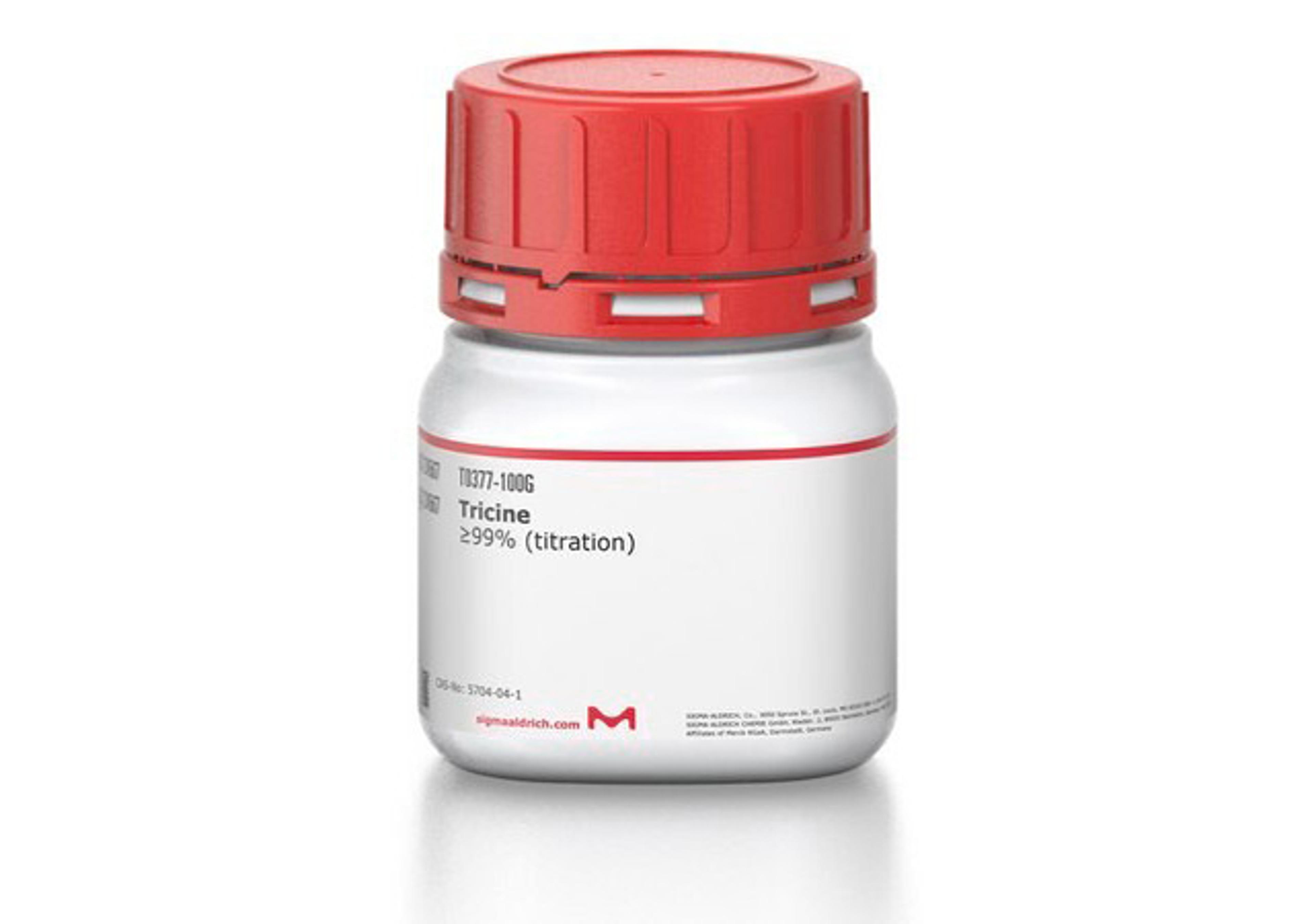Human Recombinant CD40 Ligand
Cluster of differentiation 40 ligand

The supplier does not provide quotations for this product through SelectScience. You can search for similar products in our Product Directory.
CD40 ligand is a type II transmembrane glycoprotein that belongs to the tumor necrosis factor (TNF) superfamily (Quezada et al.). CD40 ligand forms a bioactive homotrimer that exists as both soluble and membrane-bound forms (Khandekar et al.). CD40 ligand is expressed on T cells, monocytes, basophils, eosinophils, platelets, dendritic cells, and endothelial cells. Its receptor, CD40, is expressed on B cells, dendritic cells, macrophages, monocytes, platelets, endothelial cells, and epithelial cells (van Kooten & Banchereau). Binding of CD40 ligand to CD40 stimulates B cell proliferation, immunoglobulin class switching, antibody secretion, and T cell-dependent humoral responses. Dysregulation of CD40 ligand contributes to immune deficiency in HIV and AIDS (Rickert et al.). CD40 ligand has also been linked to the pathology of atherosclerosis, atherothrombosis, and restenosis (Hassan et al.).



